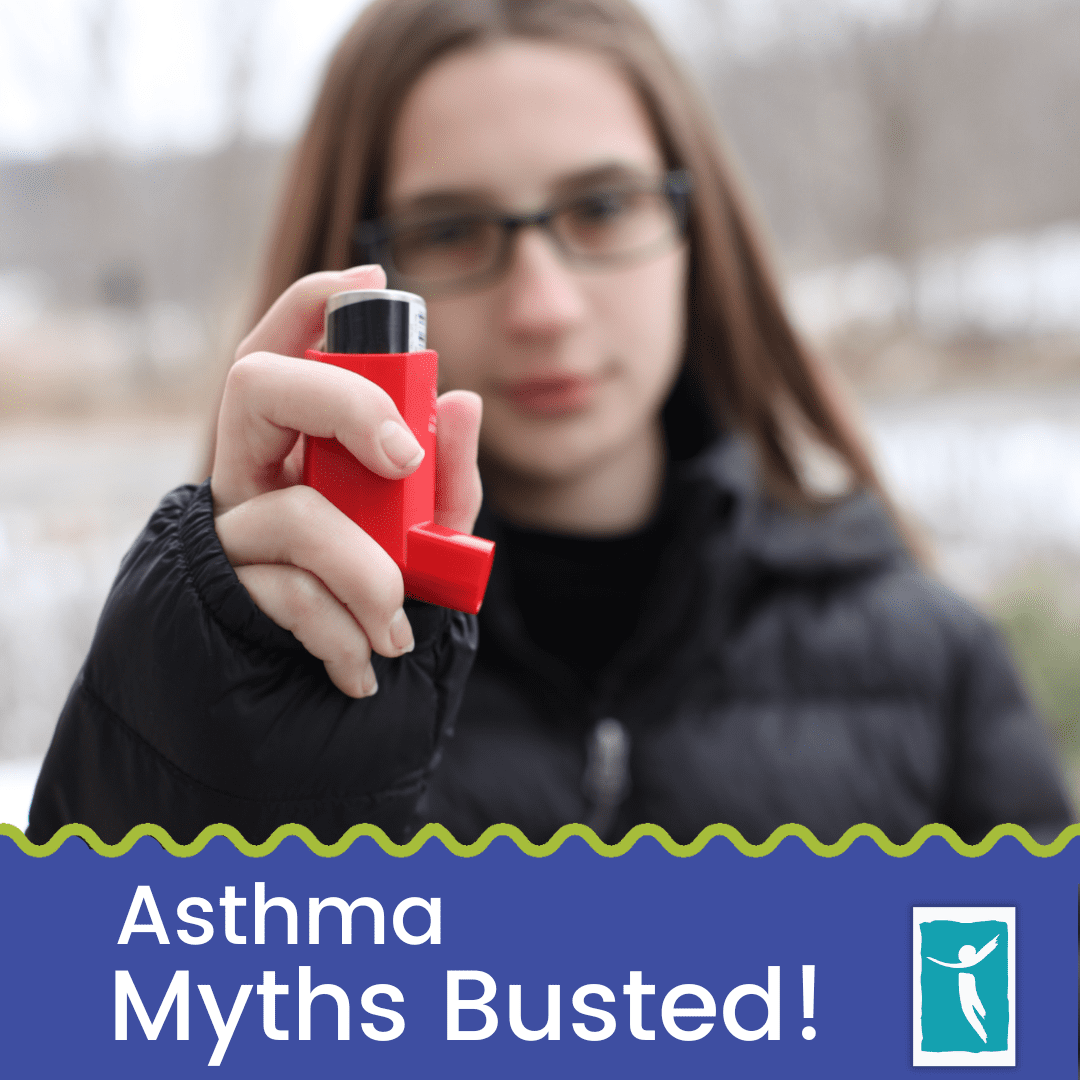May is National Asthma and Allergy Awareness Month, an ideal time to tackle the numerous misunderstandings surrounding asthma. At The Youth Clinic, our pediatricians and physician assistants frequently encounter patients and their families who harbor various false beliefs about this chronic respiratory condition. In this article, we will debunk six of the most prevalent asthma myths, equipping you with the correct knowledge to better manage asthma.
#1: Exercise is Off-Limits for Asthma Patients – Incorrect
Contrary to popular opinion, individuals with asthma need not be confined to a sedentary lifestyle. While exercise can be a trigger for asthma symptoms, proper management and guidance from a pediatrician can enable children to participate in sports and other physical activities. In fact, regular exercise can help strengthen the lungs, leading to improved asthma control.
#2: Asthma is Purely a Psychological Condition – Incorrect
Asthma is a physiological disorder that impacts the respiratory system. During an asthma attack, the airways become inflamed and constricted, making it difficult for the affected person to breathe [2]. Each individual with asthma has unique triggers that can cause inflammation.
However, there is a small element of truth in this myth: stress and negative emotions can sometimes provoke asthma symptoms. Therefore, maintaining mental well-being is essential in effectively managing asthma.
#3: Asthma Disappears as Children Grow Older – Incorrect
It is a widespread misconception that children will inevitably outgrow asthma. While it is true that asthma symptoms may improve or even vanish during adolescence or adulthood, the condition remains chronic and lifelong. Individuals with asthma should stay vigilant about potential flare-ups throughout their lives, even during periods of symptom remission.
#4: Continuous Medication is Unnecessary for Asthma Treatment – Incorrect
Considering the chronic nature of asthma, ongoing medication is vital for managing the condition. Children diagnosed with asthma should stick to their prescribed treatment plan even during asymptomatic periods. Rescue inhalers are a valuable resource for immediate symptom relief, but long-term treatment helps reduce the severity and frequency of attacks.
#5: Asthma Medications are Habit-Forming – Incorrect
Asthma medications, including inhalers and oral treatments, are not addictive. It is crucial to follow the prescribed treatment plan consistently, even when symptoms are not evident. Regular medication can help prevent flare-ups and ensure better asthma control.
#6: The Significance of Personalized Asthma Treatment Plans
At The Youth Clinic, we acknowledge that each child’s asthma experience is unique. We work closely with patients and their families to create tailored treatment plans that empower children to effectively manage their symptoms and lead active, fulfilling lives.
Equipping Families with Accurate Asthma Knowledge
Dispelling common asthma myths is a crucial step toward helping patients and their families better comprehend and manage this chronic respiratory condition.
Keep in mind, consultation with a healthcare professional is essential for proper diagnosis and treatment.


